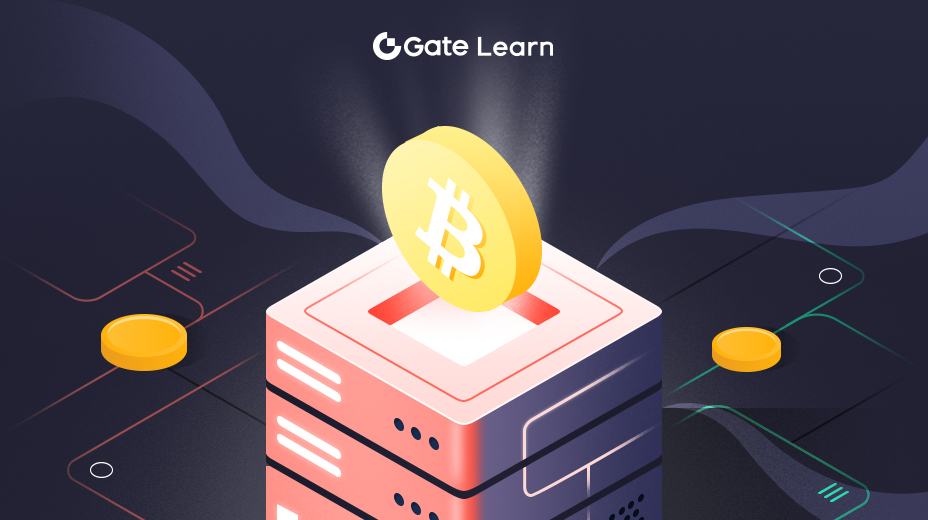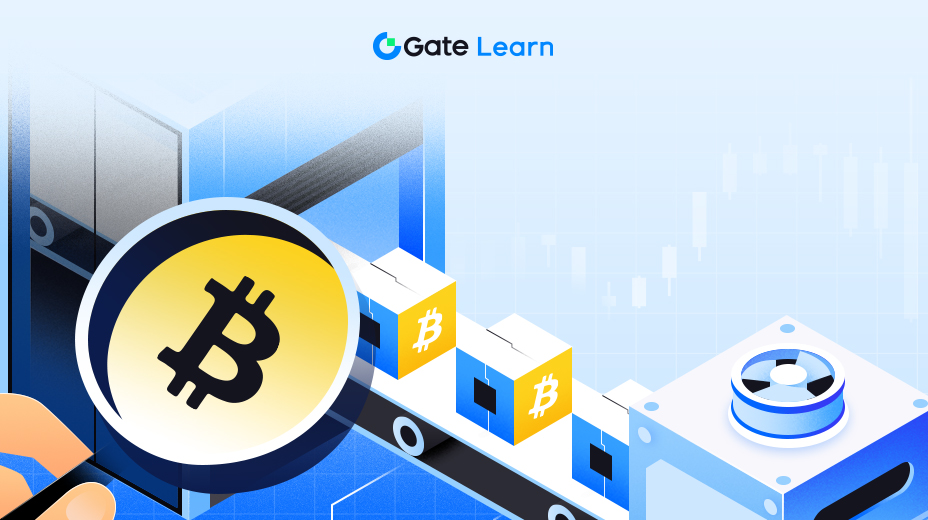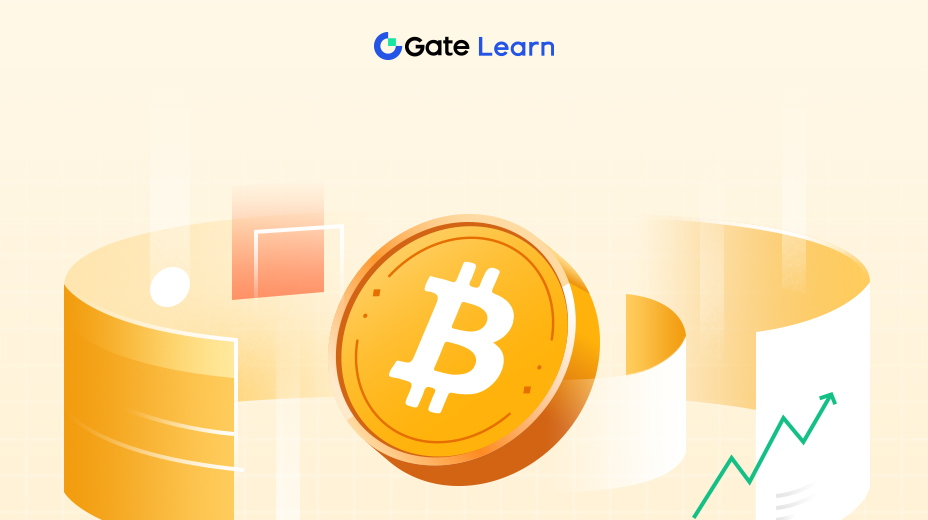عملة SKALE (SKL)
يقدم هذا الوحدة شرحًا لعملة SKALE (SKL) وعملية الرهن الخاصة بها في شبكة SKALE. يتضمن المحتوى إنشاء وتوريد SKL ومجموعة متنوعة من الوظائف والنموذج الاقتصادي الذي يعمل بواسطة العملة وتفاصيل عملية الرهن والوكالة.
عملة SKALE (SKL) هي عملة مستخدمة مستندة إلى معيار ERC-777 على شبكة Ethereum ، وهي مصممة للعمل على شبكة SKALE. وهي تحتوي على عدة أدوار ، بما في ذلك الرهن للأمان الشبكي ، والمشاركة في الحوكمة ، وتأجير سلسلة SKALE. يتم إنتاج هذه العملات عن طريق العقود الذكية على Ethereum ، وتم تحديد إجمالي العرض الأولي عند 7 مليار عملة ، ويمكن زيادة العرض عن طريق أحداث الإصدار التي تمت الموافقة عليها بواسطة الحوكمة ، ويتوقع معدل إصدار العملات السنوي بنسبة 9.3٪.
من المهم ملاحظة أن SKL لا يستخدم لرسوم الغاز داخل سلسلة SKALE. بدلا من ذلك ، يستخدم رمزا للغاز بدون تكلفة يسمى sFUEL للمعاملات على السلسلة.
فائدة ووظيفة عملة SKL
عملة SKL متأمنة بواسطة المحققين الذين يرهنون العملة لضمان أمان الشبكة. إنهم يعملون على التحقق من المعاملات وتنفيذ العقود الذكية والحفاظ على أمان وأداء الشبكة كعقداء. الرهن مهم لآلية الإثبات بالحصص (PoS) ، حيث يضمن أن المحققين لديهم مصلحة اقتصادية في سلامة الشبكة.
يمكن لكل من المدققين والمفوضين كسب مكافآت مقابل تخزين رموز SKL المميزة ، ويعتمد توزيع المكافآت على عدد الرموز المميزة المخزنة ، والنسبة المئوية للرسوم التي يحددها المدقق ، وفترة التخزين.
حاملو الرموز يمكنهم أيضًا المشاركة في حكم SKALE من خلال التصويت للتأثير على العمليات والسياسات. التصويت مرتبط بالرموز، مما يعني أن كلما زادت كمية الرموز SKL التي يراهنها الحاملون، زاد تأثيرهم على القرارات الحاكمة. يمكن للمطورين والمؤسسات استئجار سلسلة SKALE باستخدام رموز SKL. وهذا يتيح لهم الوصول إلى موارد الحساب وتشغيل تطبيقات اللامركزية القابلة للتوسيع على الشبكة دون الحاجة إلى دفع رسوم الغاز.
اقتصاد العملة

اقتصادية عملة SKL تهدف إلى دعم نمو الشبكة والاستدامة. يبلغ العرض النقدي الأولي لعملة SKL 70 مليارًا ، ومعدل الإصدار السنوي 9.3٪. يتم إدارة هذا التضخم المضبوط من خلال اقتراحات الشبكة وأحداث الصك ، مما يضمن توازن العرض الداعم لحوافز الشبكة دون تخفيفه بشدة.
توزيع الرموز يشمل توزيع الموثقين والمودعين ومؤسسة N.O.D.E وأصحاب المصلحة الآخرين. تحصل مؤسسة N.O.D.E المسؤولة عن تطوير الشبكة والحوكمة على جزء من الرموز ، ويتم فتحها على مدار سبع سنوات لدعم نشاطها.
آلية التخزين
يتضمن التخزين في شبكة Skale قفل رموز SKL المميزة لدعم عمليات الشبكة والأمان. يجب على المدققين تخزين ما لا يقل عن 20 مليون رمز SKL لكل عقدة ، والتي يمكن تحقيقها من خلال التخزين الذاتي أو التفويض من حاملي الرموز المميزة الآخرين. تتم عمليات التخزين على شبكة Ethereum الرئيسية ، مع الاستفادة من أمان Ethereum لتأمين هذه المعاملات.
تتم مكافأة المدققين بناء على مقدار حصتهم وأداء الشبكة وفترة التخزين. تحفز هذه المكافآت المدققين للحفاظ على الأداء العالي وتأمين الشبكة بشكل فعال.
يسمح التفويض لحاملي الرمز المميز SKL بتفويض الرموز المميزة الخاصة بهم إلى المدققين دون الحاجة إلى تشغيل العقدة بأنفسهم. تتضمن هذه العملية الخطوات التالية:
- اختيار المدقق:حاملو الرموز يختارون محققًا ليُفوضوا عليه رموز SKL الخاصة بهم. يمكن الحصول على معلومات المحققين، بما في ذلك أداؤهم ومعدلات عمولاتهم، على منصة شبكة Skale.
- عملة التفويض:يقوم حاملو العملات المشفرة باستخدام أدوات مثل Metamask أو مدير Skale لتفويض عملتهم إلى المحقق المحدد. يتطلب عملية التفويض تحديد هوية المحقق وكمية عملة SKL المراد تفويضها ومدة التفويض.
- الحصول على المكافأة:يحصل الموكل على مكافأة وفقًا لكمية الرموز المفوضة وأداء المدققين ومعدل العمولة. يتم توزيع المكافآت في نهاية كل فترة الرهن.
- إلغاء الطلب:يمكن للموكل طلب إلغاء التكليف قبل انتهاء فترة الرهن. يجب أن يتم تشغيل هذه العملية قبل انتهاء الفترة بما لا يقل عن 72 ساعة لتمكين المحققين من ضبط عمليات العقد الذكية.
دور المحقق
المحققين مسؤولون عن تشغيل تحقق المعاملات، وتنفيذ العقود الذكية وحماية الشبكة العقد.
- تشغيل العقديجب على المحققين الحفاظ على أداء عال والحد الأدنى من أوقات التوقف والتأخير. يتم تناوب العقد بانتظام لتعزيز أمان الشبكة واللامركزية.
- التكديس:يجب على المحققين تلبية متطلبات الرهن الأدنى من خلال الرهن الذاتي أو التفويض (20 مليون عملة SKL لكل عقد). يجب عليهم تحسين مبلغ الرهن وعملية العقد لتحقيق أقصى قدر من الأرباح.
- أمان: يتم تحفيز المدققين للحفاظ على أمان الشبكة من خلال المكافآت والعقوبات. تعاقب آلية القطع الإجراءات الخبيثة أو المهملة للمدققين ، مما يضمن أنهم يتصرفون في مصلحة الشبكة.

تدابير الأمان
تستخدم شبكة Skale العديد من التدابير الأمنية لحماية عملياتها وضمان سلامة الشبكة من خلال مجموعة من التشفير والحوافز المالية:
- إثبات الحق (PoS):يتطلب نموذج PoS أن يقوم المحققون برهن كميات كبيرة من عملة SKL ، وذلك لتوفير حوافز اقتصادية للسلوك الصادق. يمكن معاقبة المحققين الذين يتصرفون بشكل خبيث أو لا يفيون بمهامهم بالآلية القاطعة من خلال تقليل الرهن الذي يقومون به للعملة.
- توقيع عتبة BLS:يستخدم الشبكة تشفير الحد الأدنى للجذر التربيعي BLS لحماية نقل الرسائل بين السلاسل وضمان سلامة المعاملات العابرة للسلاسل. يمكن لهذه الطريقة العملية إنشاء توقيع تجميعي للتحقق من المعاملات على عدة عقد.
- توليد المفاتيح الموزعة (DKG): يعزز DKG الأمان من خلال توزيع إنشاء المفاتيح عبر عقد متعددة ، مما يمنع أي عقدة واحدة من التحكم في مفتاح التشفير. يضمن هذا النهج بقاء الشبكة آمنة حتى في حالة اختراق بعض العقد.
- دورة تناوب العقد والمراقبة: يتم تدوير العقد في شبكة Skale بانتظام لتعزيز الأمان ومنع المركزية. تضمن المراقبة المستمرة لأداء العقدة أن المدققين يستوفون معايير الشبكة ويتم مكافأتهم أو معاقبتهم وفقا لذلك.
نقطة ساطعة
- نظرة عامة على عملة SKL: مقدمة عن عملة SKL وآلية إنشائها وتوريدها.
- الفائدة والوظيفة: دور SKL في الأمان والرهن والمكافآت والحوكمة.
- الرموز المميزة: تحليل العرض الأولي ومعدل الإصدار والنموذج الاقتصادي.
- آلية الرهن: تفصيل تقني لعملية الرهن داخل شبكة Skale.
- عملية التفويض: خطوات تفويض عملة SKL والحصول على مكافأة.





